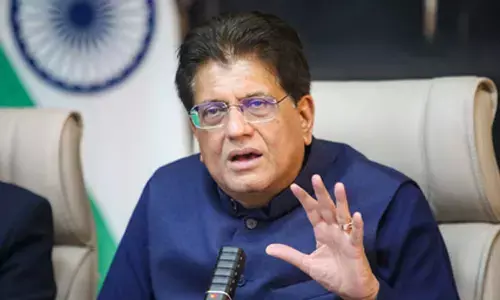What is nuclear liability?

What is nuclear liability? After exploding its first nuclear device in May 1974, India was denied nuclear technology by the Western world.
After exploding its first nuclear device in May 1974, India was denied nuclear technology by the Western world. Post 1974, India has been considered a nuclear weapons-capable state – though its military nuclear program proceeded slowly in the ensuing years and only came fully out of the closet in 1998 when India conducted several nuclear explosive tests.
India has an ambitious goal to increase 5-fold the amount of electricity produced from nuclear power plants to 20,000 MWe by 2020. This will be further increased to 63,000 MWe by 2032.[4] In this way, India will produce 25 percent of its electricity from nuclear power plants by 2050. India's present production of electricity through nuclear power is 4780 MW. To increase the share of nuclear power, foreign companies would need to be involved in the manufacture and supply of nuclear reactors.
In March 2006 India and the USA signed an agreement designed to put India on the same basis as China in relation to international trade in nuclear technology and materials. The agreement was finalised in July 2007. In October 2008 US Congress passed the bill allowing civil nuclear trade with India, and a nuclear trade agreement was signed with France. The 2008 agreements ended 34 years of trade isolation on nuclear materials and technology. The Civil Liability for Nuclear Damage Act, 2010 or Nuclear Liability Act aims to provide a civil liability for nuclear damage and prompt compensation to the victims of a nuclear incident through a nofault liability to the operator. The insurance liability held back US and Japanese companies from commercial deals with India, while France and Russia came forward.
Following Modi-Obama talks on January 25, it became clear the nuclear liability bill remains intact, but its teeth have been blunted via an end-run. Instead of foreign suppliers of equipment being liable for damages, a group of Indian power distributors (PSUs), Indian insurers (again GIC, a government entity), and the Indian government, will underwrite the cost of insurance.














